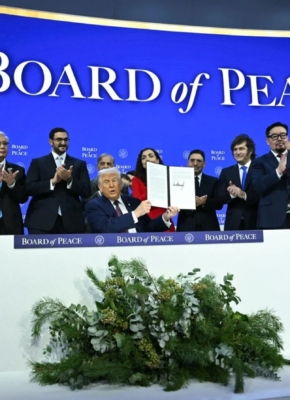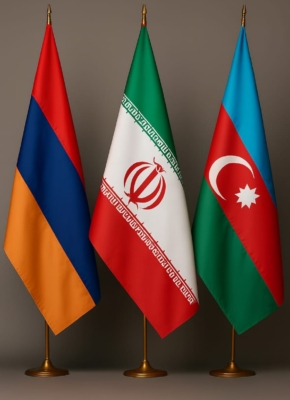After Putin: Decoding Alternative Power Clusters, Interest Alignment and Conflicts
Putin’s Russia is directly associated with the so-called power-vertical (vertical vlasti) in which every
major political decision regarding structural changes is linked to the Kremlin, i.e., Putin and his
entourage. Nonetheless, as in every authoritarian system, personal loyalty does not preclude from
building informal alliances and shared interests between powerful actors, whether political or eco
nomic. As there is no way of changing the political regime in Russia democratically, and the only
remaining option is a coup d’état-like scenario, the key question remains – who will become Putin’s
successor, and consequently, which powerful actors will build alternative power centers rivaling for
political survival and ultimate political dominance in post-Putin Russia?
While focusing on the mentioned puzzle, the research project followed the logic of the sequence of
analytical steps. First, the snapshot of the current situation in Russia, i.e., a comprehensive analysis
of the socio-political and economic status quo was done, in which major sectors of Russia’s politi
co-economic fabric were reviewed and assessed. The sectoral dynamics review was followed by
an analysis of major actors, their relevance, and their interests in respective sectors. These included
both political actors (individuals and institutions) as well as oligarchs and regional elites, with their
respective sector-linked power, financial resources or personal ties. In the end, the hypothetical
scenario, in which Putin’s figure no longer exists and power-vertical becomes questionable, made it
possible to construct a number of prospective rivaling power-centers, in which personal, corporate,
political, and financial interests of powerful actors converge. These power-centers will inevitably try
to acquire political legitimacy, oligarchic resource base, and hard (military) power, to compete and
survive. All these findings are addressed by this research, sufficiently elaborated and presented for
further discussion.
https://ugspn.org/wp-content/uploads/2026/02/After-Putin-Decoding-Alternative-Power-Clusters-Interest-Alignment-and-Conflicts.pdf






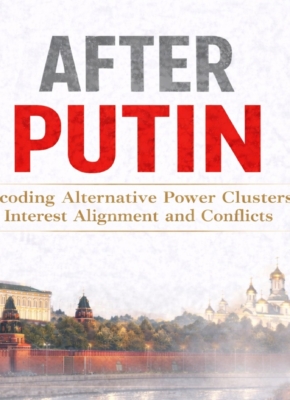
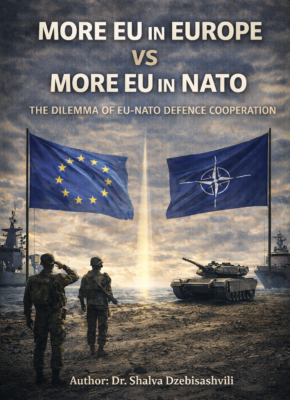
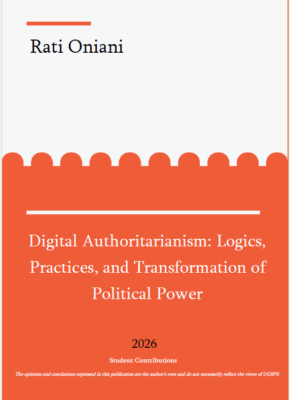
 Download
Download 

